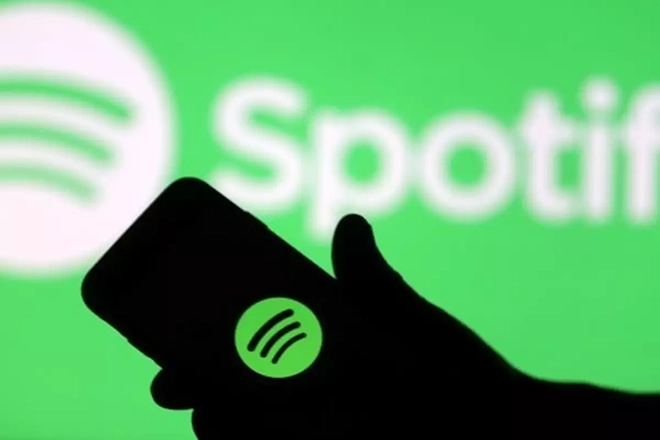Spotify becomes first music streaming service to hit 200 million subscribers
The news comes days after the company announced layoffs of 6% of its workforce

Streaming giant Spotify has become the first music service to surpass 200 million paid subscribers, after hitting 205 million on December 31, 2022.
It marks a 14% increase from the previous year, as outlined in its annual earnings release, The Verge reports.
The streaming service also saw a jump in the number of non-premium subscribers, with its overall monthly active users (MAUs) growing by 20% to 489 million, surpassing the company's expectations.
The news of record premium subscribers comes days after Spotify announced that it was laying off around 600 staff members, roughly 6% of its workforce, following a trend within the tech industry of large-scale redundancies.
In its full financial summary, the company posted an operating loss off €231 million (£204 million) in this quarter, although this figure is smaller than its expectations of an operating loss of €300 million (£265 million).
The loss is said to be fuelled by Spotify prioritising growth over profit as it continues to dominate the market. A key contributor to its losses has been its aggressive acquisitions of audio content, particularly with podcast related platforms in the recent past, Music Business Worldwide reports.
Premium subscriber figures from Spotify’s competitors, particularly Apple Music and Amazon Music, are not always made public, but figures reported by Music Ally suggest that Apple Music had around 60 million paid subscribers and Amazon Music 55 million at last count.
Alongside the announcement that Spotify had surpassed the 200 million premium subscribers mark, the company also announced that it had a new most streamed track of all time, with The Weeknd’s 2019 track ‘Blinding Lights’ (3,332,163,962 streams) overtaking Ed Sheeran’s ‘Shape Of You’.
Last month (January 2023), Spotify launched a “Playlist in a Bottle” feature, which allowed users to select songs reflecting their moods, which would then be “sealed” and redelivered to them 12 months later in January 2024.


